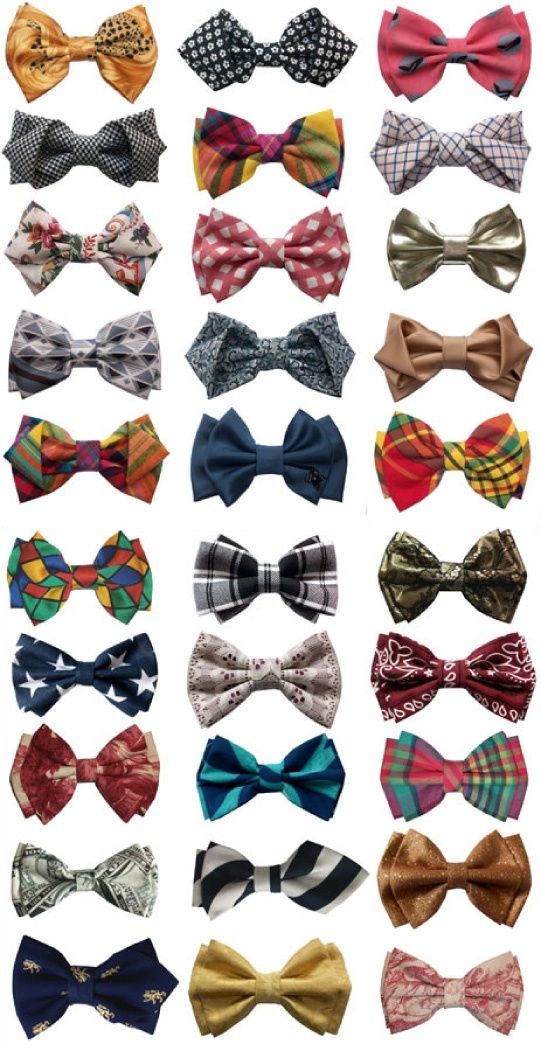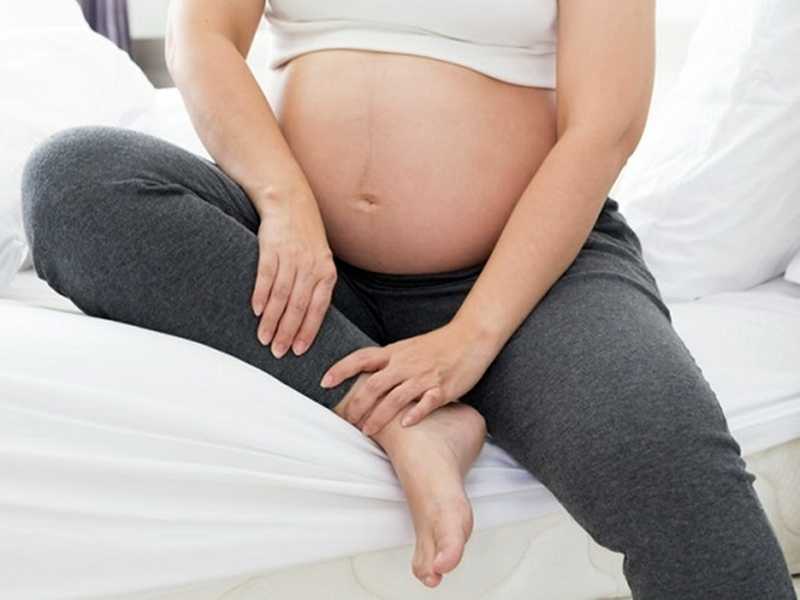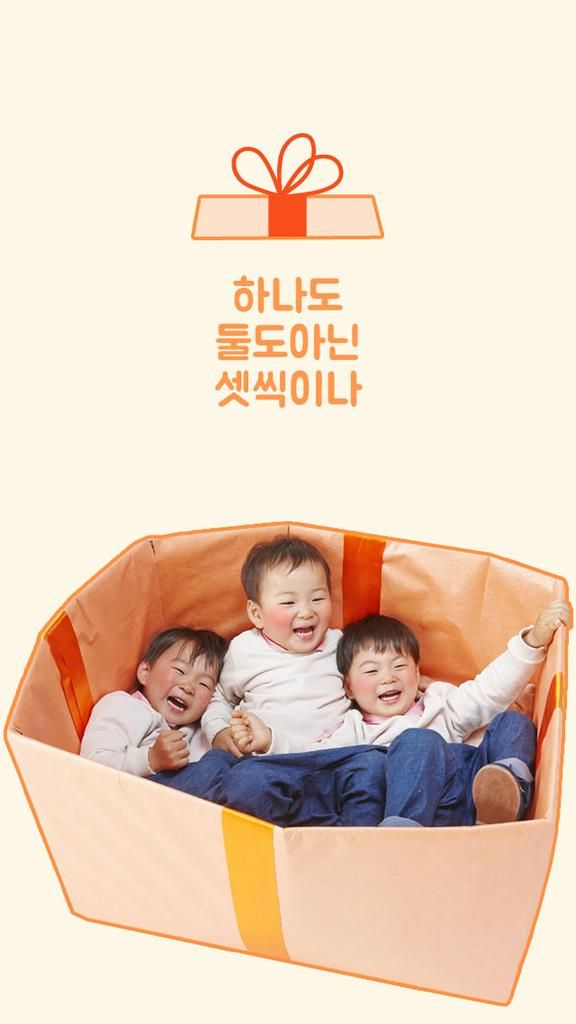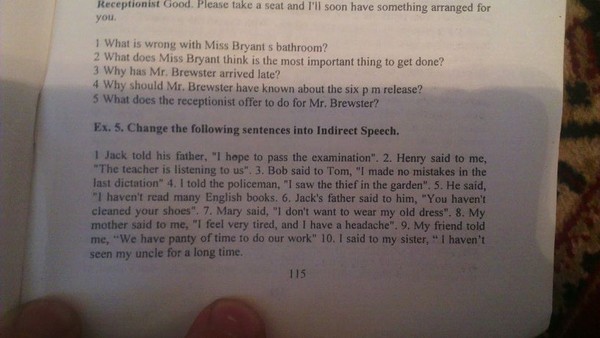Water for newborns on formula
What Kind Of Water Is Best For Baby Formula?
Deciding how to feed a baby, whether breastfeeding or formula feeding, can be challenging for parents. One question: What kind of water should you use for making formula?
TODAY Parents asked pediatricians for the answers.
Best water for baby formula
When making formula for babies, parents have the option of using tap, fluoridated, well or bottled water. There are different factors to consider when deciding which one to use.
Tap water
Dr. Tye Winters, pediatric residency director and medical director of Overlook Medical Center Pediatric HealthStart Clinic, tells TODAY Parents that “the recommendation is to boil the water for at least 1 minute in a pan with a cover, then allow it to cool with the lid on the pan. This should be followed especially within the first 3 months of age or if the infant was born prematurely, prior to 36 weeks of gestation.”
Water from a public source in the United States is usually very high quality and can safely be used for mixing formulas, but Dr. Hillary O’Boyle, a pediatrician in Richmond, Virginia says it's always good to check: "I would advise parents to make sure their tap water comes from a safe water source, as defined by your county health department or state environmental agency. “
Fluoridated water
Fluoridated water can be used to make formula; however, doctors say it should not be used during every feed, to prevent babies from getting too much fluoride in their body. Excessive fluoride can lead to skeletal changes in the infant over time.
Infant formula contains all the fluoride your baby needs, so using tap water for mixing, which typically contains additional fluoride, may put your infant at a slightly increased risk for something called dental fluorosis, says O'Boyle. This causes the appearance of faint white lines on adult teeth, which is not harmful, but may be a cosmetic concern. O’Boyle tells TODAY Parents that parents who live in areas with fluoridated tap water “may want to periodically use ready-to-feed (pre-mixed) formula and/or mix formula with bottled water, both of which do not contain fluoride. ”
”
If you are using fluoridated water, the American Dental Association suggests checking with your local water company to make sure that the fluoride level is less than 0.7 parts fluoride per million parts water.
Well water
Winters says well water should not be used for formula, as it may contain harmful bacteria that can lead to life-threatening infections, especially in younger infants or babies with underlying health conditions. Distilled or purified water should be used in place of well water.
If well water is the only water source, exercise caution. Some wells have a high concentration of nitrates, which can seep in from fertilizer in the ground, putting babies at risk for something called methemoglobinemia. O’Boyle said, “Boiling the water does not solve this problem. If interested in using well water for formula mixing, the water should be tested periodically for nitrates to ensure safe levels."
If the nitrate levels are safe, O'Brien said, "Additionally, all well water should be boiled prior to use. ”
”
Bottled water
Virtually any type of bottled water can be safely used for mixing formula. This includes purified, distilled, deionized or demineralized water. Using bottled water is the best way to ensure the water is safe, and also has the advantage of not containing additional fluoride.
When choosing bottled water, it is important to know if the water has been fortified with additives such as fluoride or electrolytes, as this can lead to an excessive amount of electrolytes or fluoride within the infant’s body.
Regular bottled drinking water should still be boiled before using in formula, similar to tap water. Distilled or purified water can be used without having to boil the water.
Speak with your pediatrician
As with anything else, getting advice from your child’s pediatrician is always the best bet. One thing to remember is that babies under 6 months don't need water on its own; it can actually lead to electrolyte imbalances and potentially brain damage. Infants are receiving plenty of water from their formula or breast milk.
Infants are receiving plenty of water from their formula or breast milk.
Parents can premix formula or bring their own water with them when leaving the house. Prepared formula can be kept out of the refrigerator for up to about 2 hours after preparation.
Parents have multiple safe options when choosing water for formula mixing. The two safest options are boiled tap water that has been cooled to room temperature, or any type of bottled water. If tap water is going to be the primary water source for formula, use bottled water occasionally to reduce fluoride exposure.
Parents should be most cautious about the water source for infants younger than 3 months, premature infants or babies with impaired immune systems, as they are at higher risk for serious bacterial infection from unclean water.
Related video:
How to Safely Prepare Baby Formula With Water
Log in | Register
Ages & Stages
Ages & Stages
By: Steven A. Abrams, MD, FAAP
Abrams, MD, FAAP
Infant formula comes in three forms: powder formula, concentrated liquid formula and ready-to-feed (non-concentrated) formula. If you use infant formula for your baby, no matter which form, be sure to follow directions closely. Formula that is diluted with too much water, for example, can cause serious health and development problems for your baby. It's also important to use clean water for a safe source free of bacteria or other microorganisms that may cause disease, and low in certain minerals and contaminants that may be harmful. Read on to learn more.
When to add water & how much to use
Non-concentrated, ready-to-feed formula
Do not add any water non-concentrated, ready-to-feed formula. Remember, diluting it can be dangerous for your child (see below).
Concentrated liquid formula & powder formula
Use water to prepare concentrated liquid formula and powder formula, but only as directed. Use a safe water source as defined by your state or local government.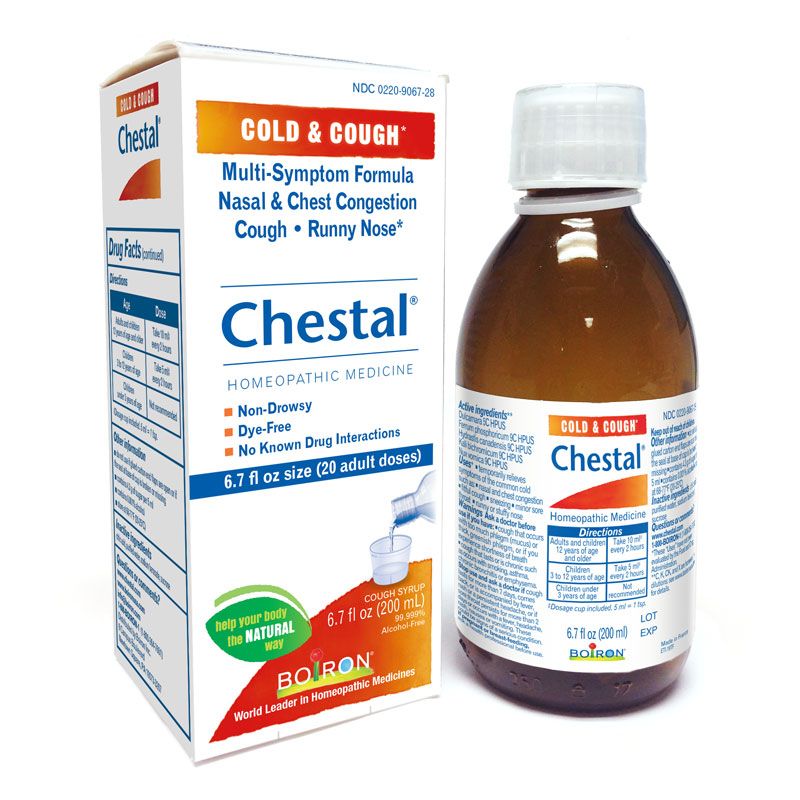 Unless there is a known contamination of your local water source, you can use
tap water to prepare concentrated liquid or powdered formula. In general, though, it is best to primarily use safe
tap water that is fluoridated and occasionally use some non-fluoridated bottled water.
Unless there is a known contamination of your local water source, you can use
tap water to prepare concentrated liquid or powdered formula. In general, though, it is best to primarily use safe
tap water that is fluoridated and occasionally use some non-fluoridated bottled water.
News reports have found parents diluting formula to try and save money or feeding water in addition to breast milk or formula. This can lead to a dangerous condition called water intoxication.
Babies in the first 6 months after birth do not need water or other liquids such as juices in addition to formula or breast milk, unless specifically advised by a pediatrician. Adding extra water to formula or giving juices reduces the about of nutrients baby will receive. This can slow growth and development. Extra water also disturbs electrolyte and mineral balances such as calcium, sodium and potassium which can lead to major health problems including seizures. So always mix formula as directed by the manufacturer unless specifically guided to change these instructions for infants with special health needs.
So always mix formula as directed by the manufacturer unless specifically guided to change these instructions for infants with special health needs.
If you're using formula but having trouble affording it check with your pediatrician, local health department, food pantry or social service agency.
How to mix powder formula & water to prepare a bottle
The Center for Disease Control and Prevention (CDC) provides detailed instruction on preparing infant formula. Also look for instructions on the formula can labels, and from other reliable sources including state WIC agencies. There are a few key points to remember:
Water first, then powder. Always add the powder to the water that is in the bottle, not the other way around.
Boil the water when needed. For infants under 3 months of age, those who were born prematurely and those who have a weakened immune system, hot water should be used to prepare formula to kill any microbes.
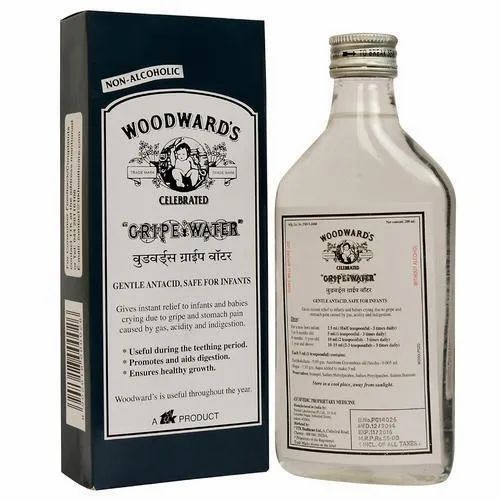 To do this,
boil the water and let it cool for about 5 minutes. Then, add it to a clean bottle and add the formula based on the instructions on the container.
To do this,
boil the water and let it cool for about 5 minutes. Then, add it to a clean bottle and add the formula based on the instructions on the container.Cool formula to body temperature. If you are going to use the formula you prepared immediately, be sure to cool the formula to body temperature before feeding your baby. Run the prepared, capped bottle under cool water or place it into an ice bath.
- Test the formula temperature to make sure it is not too hot before feeding it to your baby (see below).
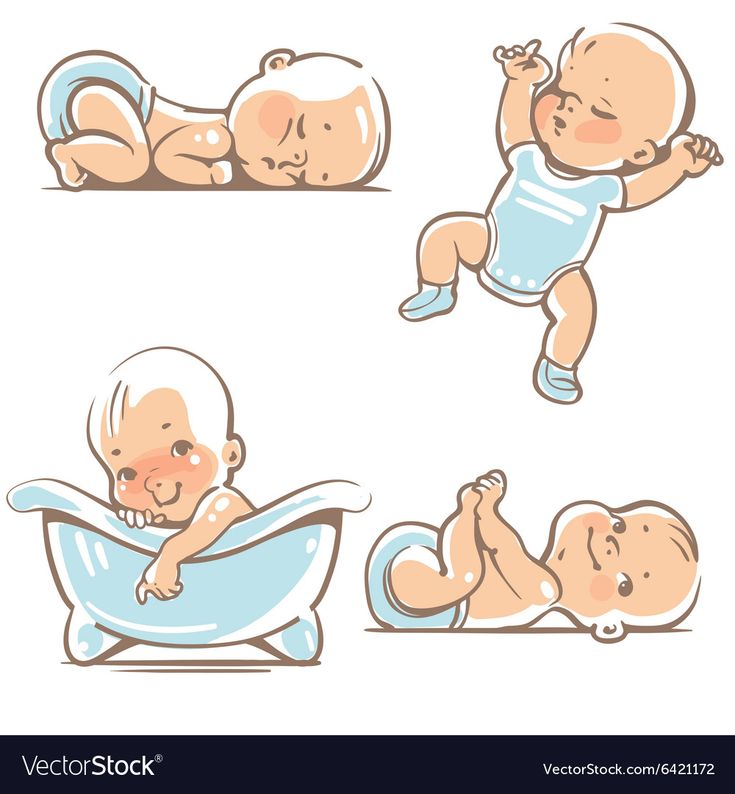
How long is the bottle of formula good for after making it?
Prepared formula must be discarded within 1 hour after feeding it from the bottle to your baby.
Prepared formula that has not been fed to your baby may be stored in the refrigerator for 24 hours to prevent bacterial contamination.
An open container of ready-to-feed formula, concentrated formula, or formula prepared from concentrated liquid formula, should be covered, refrigerated and discarded after 48 hours if not used.
More information
- Is there a baby formula shortage?
- Is homemade formula safe?
- Is it OK to buy imported formulas online?
- How much formula does my baby need?
-
Infant Formula Preparation and Storage (CDC)
About Dr. Abrams
Steven A. Abrams, MD, FAAP, is a board-certified pediatrician and a Professor of Pediatrics at the University of Texas at Austin. |
- Last Updated
- 5/17/2022
- Source
- American Academy of Pediatrics Committee on Nutrition (Copyright © 2022)
The information contained on this Web site should not be used as a substitute for the medical care and advice of your pediatrician. There may be variations in treatment that your pediatrician may recommend based on individual facts and circumstances.
whether to supplement the baby with breastfeeding and artificial feeding, how much water a child can drink
The birth of a baby always involves a lot of questions from parents.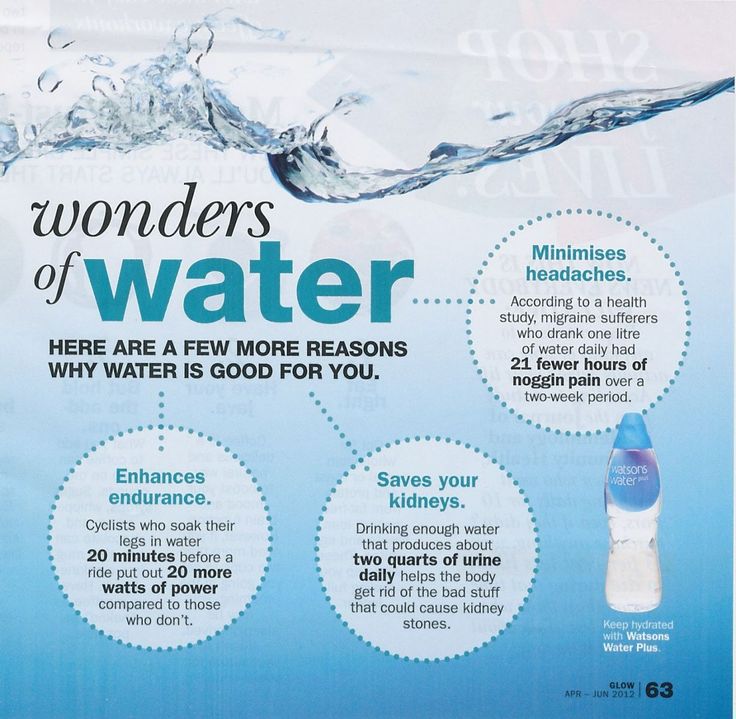 Some of them are, of course, related to proper nutrition. And almost always the first thing moms ask is whether it is necessary to give water during breastfeeding. Will it harm digestion and stool? And if supplemented, then with what water, how often and from what? Let's take a look at all the nuances in order.
Some of them are, of course, related to proper nutrition. And almost always the first thing moms ask is whether it is necessary to give water during breastfeeding. Will it harm digestion and stool? And if supplemented, then with what water, how often and from what? Let's take a look at all the nuances in order.
Content: Hide
- When a baby needs water
- What are the dangers of drinking water early
- General recommendations for supplementation
When a baby needs water
on breastfeeding, with normal assimilation of mother's milk and regular weight gain, water is not required. Mother's milk quenches thirst and protects against dehydration. However, there are doctors who express a different opinion from this. So, when should you supplement your newborn?
• With artificial and mixed feeding. Mixtures, even as close as possible in composition to mother's milk, are absorbed longer, and water helps their absorption.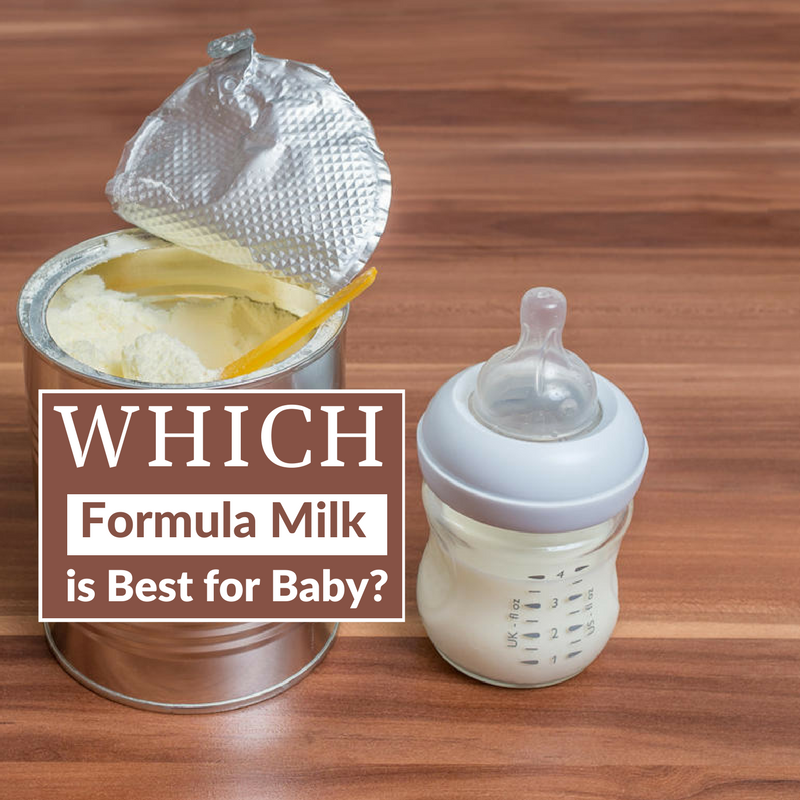 Therefore, the use of water in this case is mandatory.
Therefore, the use of water in this case is mandatory.
• When breastfeeding with insufficient lactation. Unfortunately, it happens that the mother's milk is not enough for the baby. If the baby cries often, does not gain weight, supplement the baby with water and immediately contact the pediatrician about mixed feeding or a complete transition to the mixture.
• In hot weather. When it's hot, fluid leaves the body much faster, and feeding a child with milk all the time means forcing him to overeat. Water in this case is your salvation.
• For hiccups. As you know, water helps to cope with hiccups. This is true not only for an adult, but also for a baby.
• For vomiting and diarrhea. They wash fluid out of the child's body, which threatens with dehydration. If you experience these problems, give your baby as much water as possible.
• To bring down high temperatures. If the baby is sick, his temperature has jumped, then the first advice given by all doctors, without exception, is to drink as much as possible.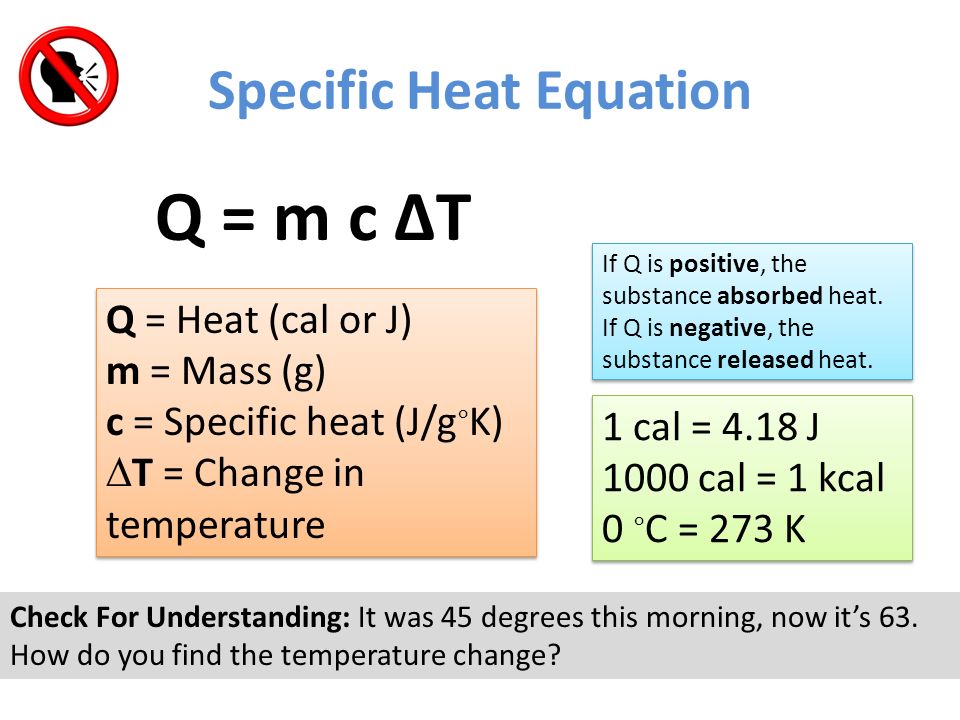 Milk at a high temperature is contraindicated, only fermented milk products are allowed. Therefore, the best way out for mommy will be to give the child some water.
Milk at a high temperature is contraindicated, only fermented milk products are allowed. Therefore, the best way out for mommy will be to give the child some water.
• When the child is older than two months. If a newborn can only get by with mother's milk, then the baby is a little older - no longer. The body grows, as do its needs. Many pediatricians from 2.5 months already recommend to supplement the baby not only with water, but also with dried fruit compotes.
IMPORTANT! Irina Vostrikova, a pediatrician at the MEDSI clinic, believes that babies do not need to be supplemented, because breast milk is already 90% water. However, this may be necessary if the mother herself does not drink enough fluids. So, a nursing mother should drink at least 2 liters of ordinary non-carbonated water per day.
In hot weather, the baby can be offered water between feedings in a volume of 10-15 ml: if the baby refuses, then now he does not need additional liquid. The same recommendations are valid for artificial feeding. It is better to give water to the child with a spoon, and not from a bottle. Because when feeding from a bottle, the baby has a "sucking confusion", and he begins to take the breast incorrectly - because of this, the effectiveness of stimulating milk production is reduced, and the nipples are injured.
The same recommendations are valid for artificial feeding. It is better to give water to the child with a spoon, and not from a bottle. Because when feeding from a bottle, the baby has a "sucking confusion", and he begins to take the breast incorrectly - because of this, the effectiveness of stimulating milk production is reduced, and the nipples are injured.
What are the dangers of early water intake? What problems in a newborn can cause frequent water intake?
• Malnutrition. If you give your baby water shortly before feeding, the liquid will take place in the baby's stomach, and he will eat less milk. As a result, the baby will remain hungry, his body will receive fewer nutrients, and the mother will not empty the mammary glands, which threatens to stagnate milk and reduce lactation.
• Violation of the intestinal microflora. The use of water leads to the appearance in the body of a newborn of the first bacteria, which are not always beneficial. This is a load on the intestines, the likelihood of developing dysbacteriosis.
• Load on the kidneys. The introduction of water into the diet makes the kidneys work more intensively, and the body of a newborn baby may not be ready for this.
IMPORTANT! Elena Shmakova, consultant on breastfeeding and baby care at the Lada Center, teacher of the WHO/UNICEF course "Breastfeeding Counseling", adds that supplementation poses a risk to breastfeeding itself. The fact is that milk is produced in response to sucking, and its amount directly depends on the frequency of breast stimulation. If you give your baby water to drink, he will suckle less often and less, which means that the stimulation of the mammary glands will decrease.
She is sure that the baby should be supplemented only when breastfeeding does not help with the dehydration of the baby due to malaise. Dehydration can be detected, for example, when the number of urination is less than 6 per day, while the urine is concentrated, dark, it is less than usual.
Read also: Is it possible to give children mineral water
General recommendations for supplementation
baby.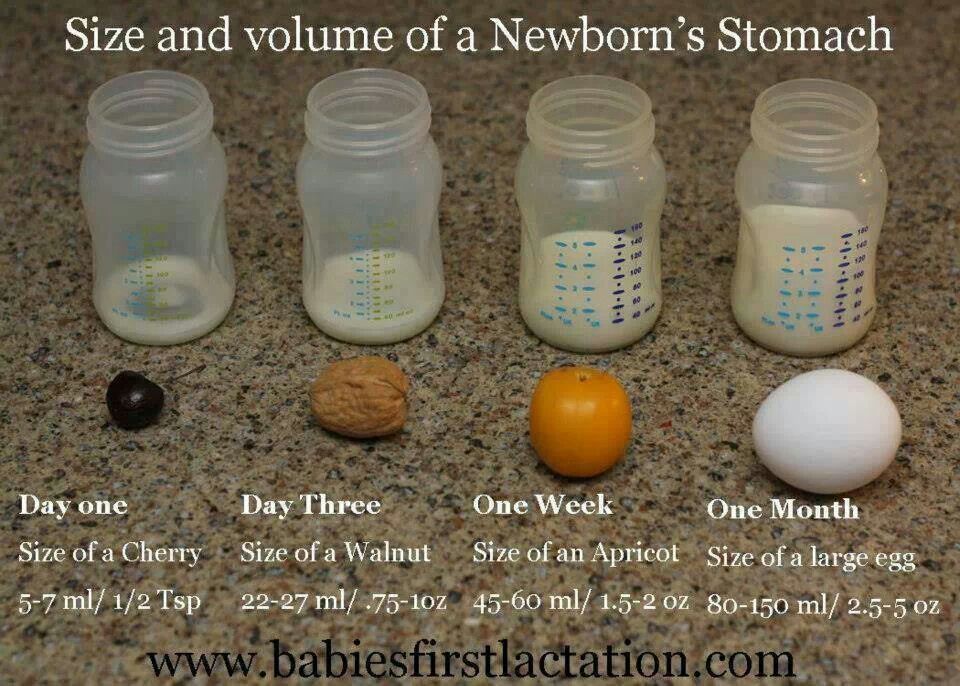
• Only purified water should be given. The best option would be to buy bottled water. Today in stores you can find bottles of water intended for children: it has gone through all possible purifications and is devoid of harmful bacteria. It is also possible to use well water at home, which has passed through special children's filters. Avoid using tap water, even filtered.
• Use only boiled water. By doing this, you significantly reduce the risk of crumbs of harmful bacteria entering the body (almost all of them die when boiled).
• If possible, use silverware. Today, at affordable prices, you can find children's spoons and cups made of silverware. This metal has amazing properties to destroy pathogens. Pour water into a silver cup and let it steep. Alternatively, you can use silver water ionizers. This choice will be more economical
.• If the baby drinks mother's milk, water should be given from a spoon. Drinking from a bottle will be very easy for him, and he may eventually refuse to breastfeed
. • If the baby is healthy and is gaining weight well, then there is no need to insist and forcibly give him some water. So he has enough breast milk.
• If the baby is healthy and is gaining weight well, then there is no need to insist and forcibly give him some water. So he has enough breast milk.
• Water should be given 10-15 minutes after feeding and between meals. In no case do not let us drink before meals: the crumbs will have a feeling of false satiety.
• Keep a close eye on your baby and don't hesitate to consult your pediatrician. After all, it's about your child's health.
#Nutrition for children up to a year #Complementary foods
when, how much and what kind of water should be given to a newborn and children during breastfeeding and artificial feeding?
Does a newborn baby need water? This question worries many young mothers, while the recommendations of doctors differ: some believe that the baby does not need any additional fluid, while others argue that the child needs water. Let's try to figure out how and when to give your baby water and how water for newborns differs from ordinary drinking water.
Let's try to figure out how and when to give your baby water and how water for newborns differs from ordinary drinking water.
Breast milk is both food and drink for the baby, since it consists of 90% water and in the first weeks of life it is able to maintain the fluid balance at the required level. Mother's milk helps the process of digestion, as it contains all the enzymes necessary for this. Moreover, the mother's body is able to very accurately adapt to the needs of the child, adjusting the composition of milk depending on the situation. For example, if a baby needs more fluid, he will breastfeed more often and, as a result, receive more unsaturated foremilk, which quenches thirst and restores electrolyte balance.
It may seem that the child does not need water, but this is not so: there are situations when it is indispensable. Indeed, up to three months, babies should be given water only on the recommendation of a doctor. Babies older than four months can be fed quite calmly - contrary to popular belief, this does not lead to the child's refusal to breastfeed, and even more so to his exhaustion.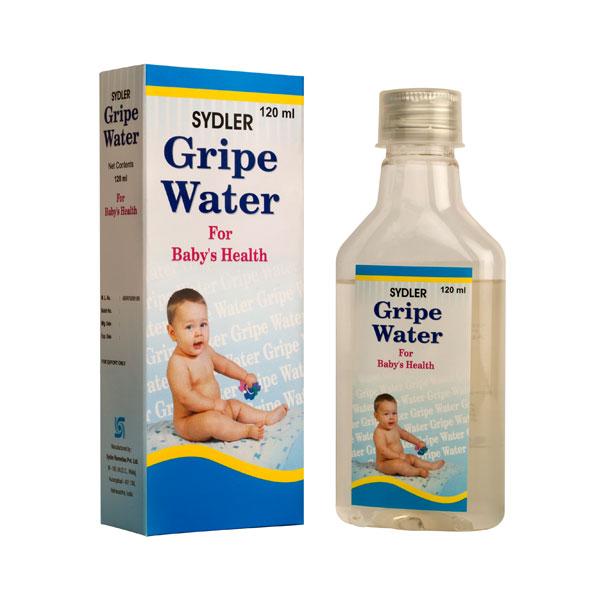 If the baby drinks water with pleasure, there are no contraindications for this. But the lack of fluid for the baby is very dangerous - adults should not forget that the metabolic rate in newborns is very high and moisture loss is also significant.
If the baby drinks water with pleasure, there are no contraindications for this. But the lack of fluid for the baby is very dangerous - adults should not forget that the metabolic rate in newborns is very high and moisture loss is also significant.
However, parents need to know when and how much water should be given to newborns and how the type of feeding affects fluid requirements.
Water while breastfeeding
Newborns can drink water from four to five months. It is better to do this between feedings - if the baby feels thirsty, he drinks water with pleasure. How much water can you give a newborn? Here, as in adults, everything is individual. Usually, pediatricians advise giving a certain amount of liquid per day with a calculation of no more than 100 ml per kg of weight, but this also includes breast milk. So the water, in fact, remains 30-70 ml.
You can feed your newborn from a bottle with a nipple or even from a spoon - this will make it easier to introduce complementary foods later, because the baby will already know how to use a spoon.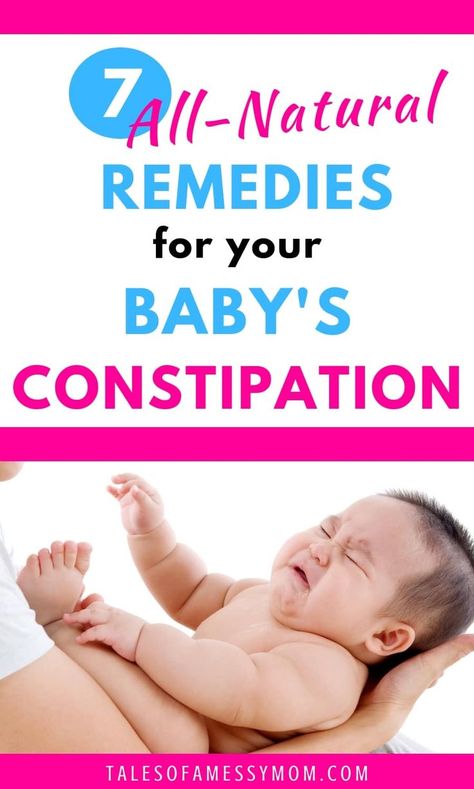 But the most important rule is voluntariness: if the child is naughty and does not want to drink, you should not insist.
But the most important rule is voluntariness: if the child is naughty and does not want to drink, you should not insist.
Water with formula or formula feeding
Formula feeding differs markedly from natural feeding - infant formula contains much more protein than mother's milk, so the baby needs additional fluids. Lack of water, especially when feeding too rich formula, can lead to constipation in children. The extra water will help empty the bowels and make your baby feel better.
With artificial or mixed feeding, water can be given earlier than with breastfeeding. Unlike formulas, which should be 36-37°C, the water can be slightly cooler: 26-30°C in the first one or two months of life, and at an older age - about 20°C.
All paediatricians agree that with the introduction of complementary foods, water becomes essential. Usually, babies who received only milk or formula before the introduction of complementary foods begin to drink solid food only after one to two months.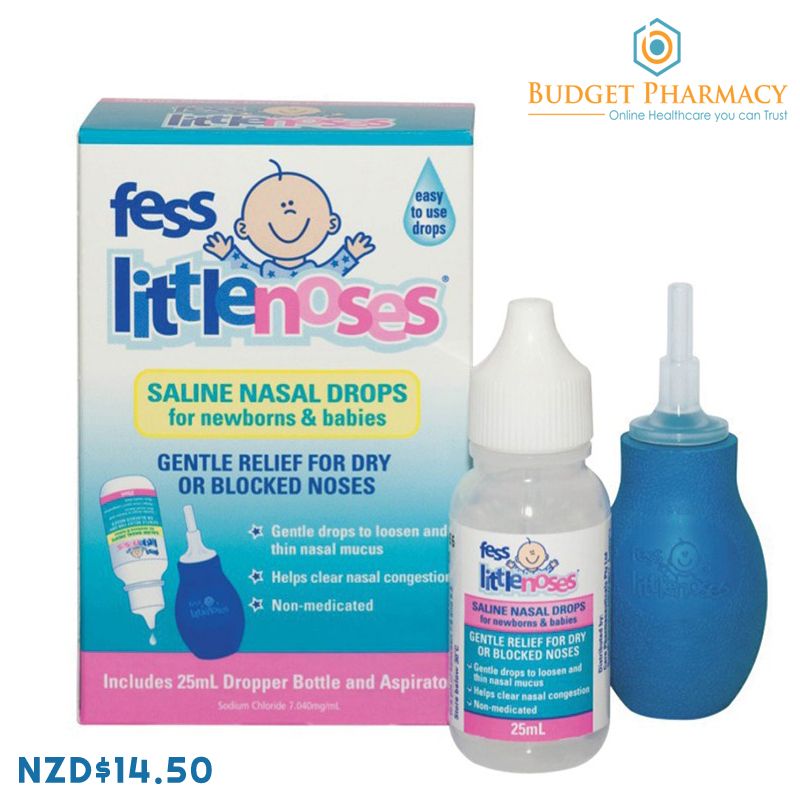 And babies, accustomed to water, are not capricious and drink it with pleasure after each feeding.
And babies, accustomed to water, are not capricious and drink it with pleasure after each feeding.
When is water given to newborns?
Babies should be given water some time after meals and between feedings. Do not forget that the volume of the child's stomach is very small, which means that he simply cannot drink a large amount of water at once - a few teaspoons will suffice for a start.
In some situations, the need for fluid increases. Most often, overheating and very dry indoor air leads to a lack of moisture. Many parents are so afraid of colds in a child that they wrap him in clothes and do not observe the temperature regime in the children's room, which leads to a decrease in air humidity and dehydration of the baby's body. The optimal temperature for a nursery is 20 ° C, and humidity is 50–70%. Dry air leads to increased breathing, a decrease in the protective functions of the body, difficulty swallowing and colic. And in summer, in hot weather, overheating is added to all these problems, because of which the child sweats and loses precious moisture.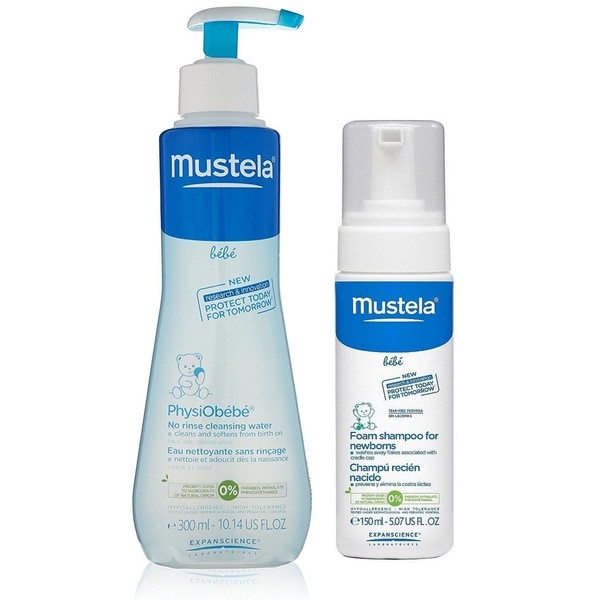 It is easy to determine the first signs of dehydration: this is rare urination (normally - about 20 times a day), dryness of the mucous membranes, skin, tongue. In such a situation, water is simply necessary.
It is easy to determine the first signs of dehydration: this is rare urination (normally - about 20 times a day), dryness of the mucous membranes, skin, tongue. In such a situation, water is simply necessary.
Many pediatricians recommend giving newborns water to drink even when they are sick, with fever or colic, which can be easily recognized by tucked up legs, a tense tummy and restlessness of the child. A few sips of warm water can also help with hiccups.
What kind of water should I give to an infant?
Boiled water and water from open sources
Many parents believe that children should drink boiled water, but this is a misconception. Boiling leads to the destruction of only part of the bacteria, in addition, such water contains in excess chloride compounds that are very harmful to young children. Water from open sources is also dangerous - it may contain a high content of nitrates and bacteria from the soil and other harmful impurities. And, of course, babies should not be given healing mineral or sparkling water.
And, of course, babies should not be given healing mineral or sparkling water.
In addition, water from ordinary filter jugs designed to purify water for adults is not suitable for infants.
Bottled water
Baby water is sold in pharmacies and supermarkets. As a rule, on the bottle it has a special marking and information that this product has been tested by the Russian Academy of Medical Sciences. Water for a baby is different from the usual "adult" drinking water. In particular, other requirements for the content of minerals are imposed on it:
- total minerals less than 200–300 mg/l;
- calcium - less than 60 mg/l;
- potassium less than 5–20 mg/l;
- sodium less than 20 mg/l;
- magnesium - less than 10–35 mg/l.
Boiling such water is not required, but it can be stored only for a day from the moment of opening and always in the refrigerator. The best container for bottled baby water is a glass bottle or polycarbonate container (bottles made of this material are marked with the number seven on the bottom).
Specially filtered water
Regardless of the brand of bottled baby water and cost, it is impossible to be completely sure of its quality. Alas, there are also unscrupulous manufacturers, in addition, product quality may suffer during improper transportation or poor storage conditions.
Many parents, striving to give their children the best from the first days of their lives, “prepare” children's water on their own. Purifying water with quality home filters allows them to be sure that the filtered water does not contain harmful chemicals and bacteria. Moreover, advanced filters enrich the water with the necessary microelements that a growing child's body needs so much. Using water purification systems, parents themselves control its quality - this gives them the opportunity not to doubt the result. Filtering water at home is somewhat similar to making fresh juice: in both cases, the consumer can follow the process and get a natural and fresh drink.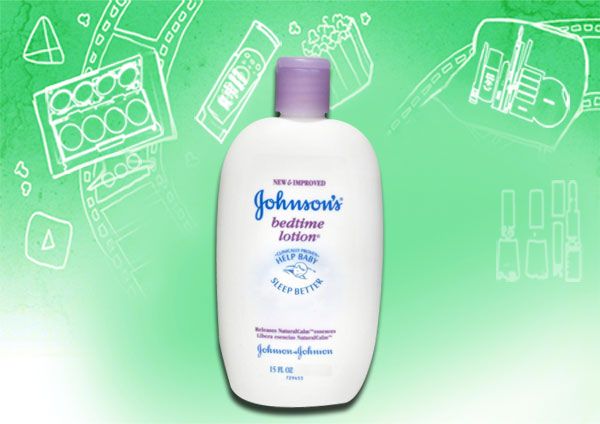 Meanwhile, it is impossible to control the technological process in large-scale production, and it is not known exactly how useful such a product is.
Meanwhile, it is impossible to control the technological process in large-scale production, and it is not known exactly how useful such a product is.
Another advantage of using home filters is their cost-effectiveness. Water obtained by home filtration is ten times cheaper, although it is not inferior in quality to water from a supermarket, and often even surpasses it. It is suitable both for feeding the baby, and for preparing milk mixtures and cereals for him. For its natural taste and crystal purity, older children will also love it, for whom water filtered according to all the rules will also be very useful.
Water should be included in a child's diet from birth. It is vital that it undergoes thorough mechanical and biological purification and has a balanced composition of useful substances. When using bottled water, it is useful to carefully read the information on the label. As with any other product, it is advisable to take a bottle with a fresh production date.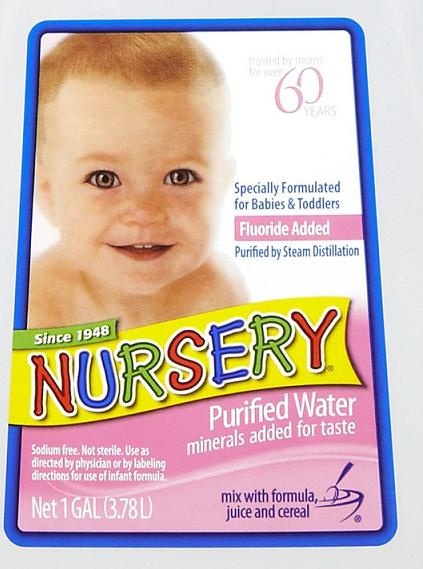
 Within the American Academy of Pediatrics, he is past chair of the National Committee on Nutrition. Dr. Abrams also served on Dietary Advisory Committee of the U.S. Department of Agriculture.
Within the American Academy of Pediatrics, he is past chair of the National Committee on Nutrition. Dr. Abrams also served on Dietary Advisory Committee of the U.S. Department of Agriculture. 
